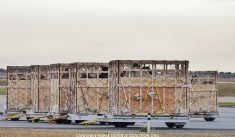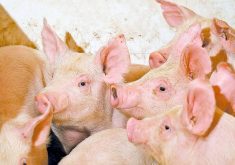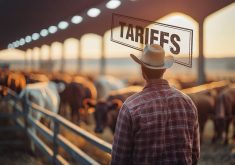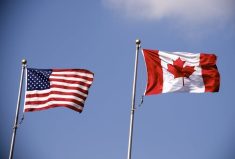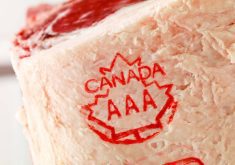A claim that Canadian farms are importing embryos taken from a British cow bred from a clone has food inspectors here closely watching the outcome of a U.K. investigation.
Officials with Britain’s Food Standards Agency (FSA) are investigating the unauthorized sale of meat processed from Holstein animals allegedly born from embryos taken from a U.S. clone.
“While there is no evidence that consuming products from healthy clones, or their offspring, poses a food safety risk, meat and products from clones and their offspring are considered novel foods and would therefore need to be authorized before being placed on the market,” the FSA said in a statement.
Read Also
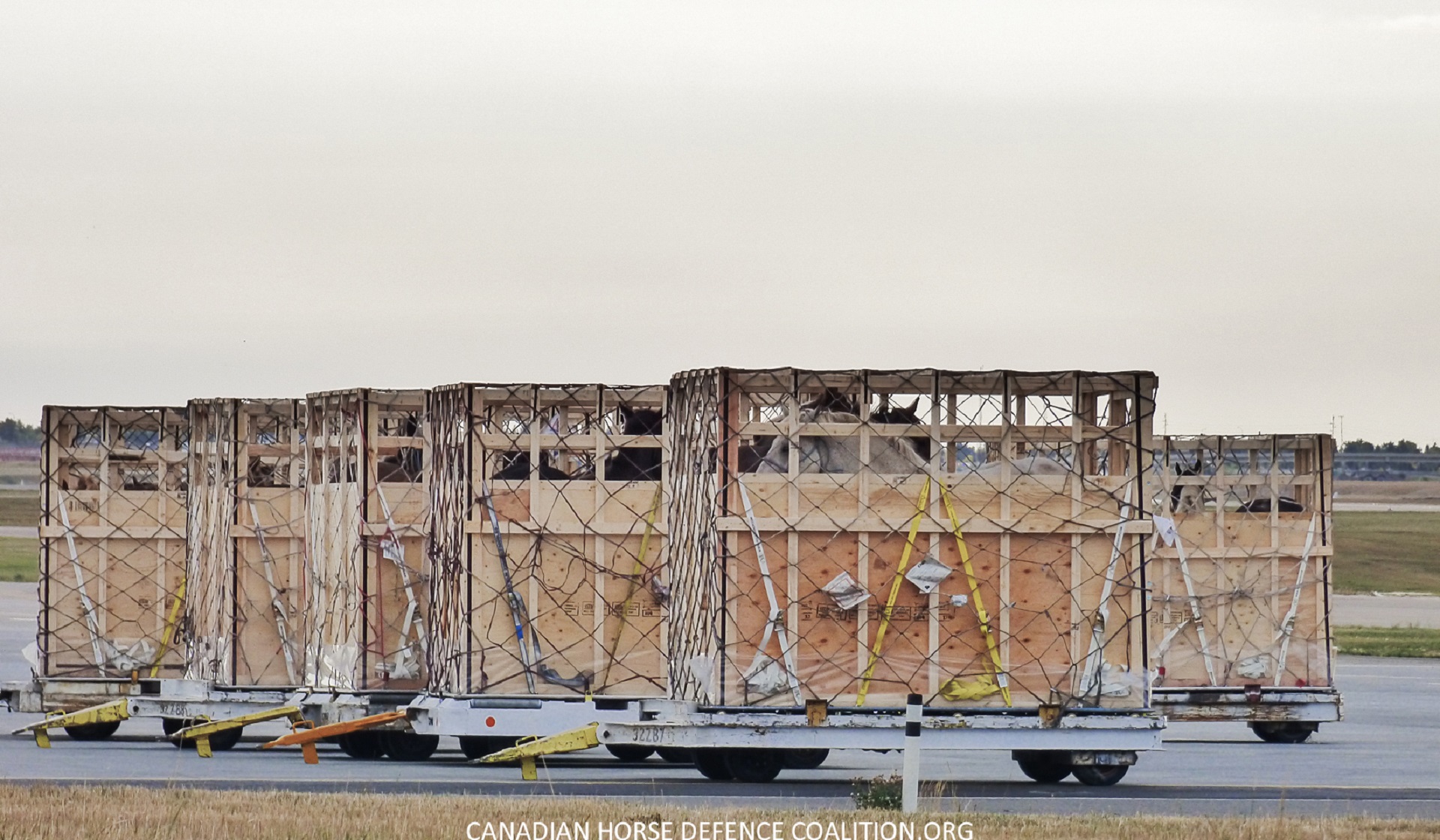
Horns aren’t unlocking anytime soon on livestock transport standards
Standards good enough meet the definition of “humane” animal transportation still vary widely between what what industry wants, what animal rights advocates want and, between the two, what federal regulators decide is good enough.
Officials with the Canadian Food Inspection Agency (CFIA) are in touch with their U.K. counterparts and expect to receive pertinent information once the FSA investigation is completed.
Canada’s interest in the unauthorized use of cloned cattle genetics in the U. K. stems from an article late last month on cloned livestock in theInternational Herald Tribune,the international edition of theNew York Times.
Herald Tribunewriter James Kanter on July 29 quoted an unnamed British dairy farmer as saying he not only sold milk from a cow bred from a clone, but sold the cow’s embryos to unnamed “breeders in Canada.”
Under Canadian regulations, such embryos would be considered “new/novel” and before they’re imported, the importer would have to notify Environment Canada and comply with the New Substances Notification Regulations of Canada’s Environmental Protection Act.
Such products would be subject to review by Environment Canada, Health Canada and CFIA before they’re approved for use in food or feed or for release into the environment. There are currently no products derived from genetically modified (cloned) animals approved for food or feed use in Canada.
A statement by the Canadian Cattlemen’s Association said animal clones can be produced in Canada, but must be kept under “appropriate quarantine conditions” as they’re not authorized for release into the environment or entry into food or feed chains. Upon their deaths, the CCA said, cloned animals are incinerated.
The CCA quoted Matthew Wolf, a spokesperson for federal Agriculture Minister Gerry Ritz, as urging anyone who has information that regulations might have been violated to speak to the CFIA.
———
“While there is no evidence that consuming products from healthy clones, or their offspring, poses a food safety risk, meat and products from clones and their offspring are considered novel foods and would therefore need to be authorized before being placed on the market.”
U.K. FOOD STANDARDS AGENCY


